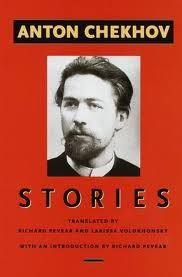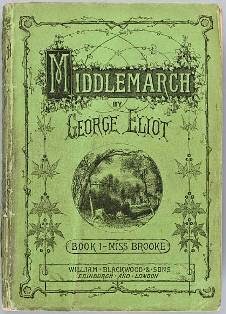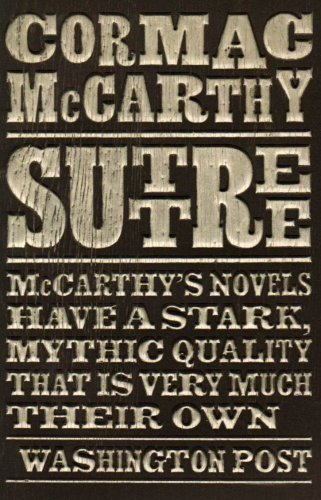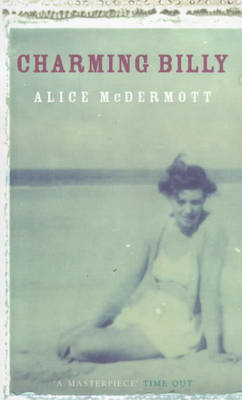Stories of Anton Chekhov
 Stories of Anton Chekhov (1860–1904). The son of a freed Russian serf, Anton Chekhov became a doctor who, between the patients he often treated without charge, invented the modern short story. The form had been overdecorated with trick endings and swags of atmosphere.
Stories of Anton Chekhov (1860–1904). The son of a freed Russian serf, Anton Chekhov became a doctor who, between the patients he often treated without charge, invented the modern short story. The form had been overdecorated with trick endings and swags of atmosphere.
 Middlemarch
Middlemarch Suttree
Suttree